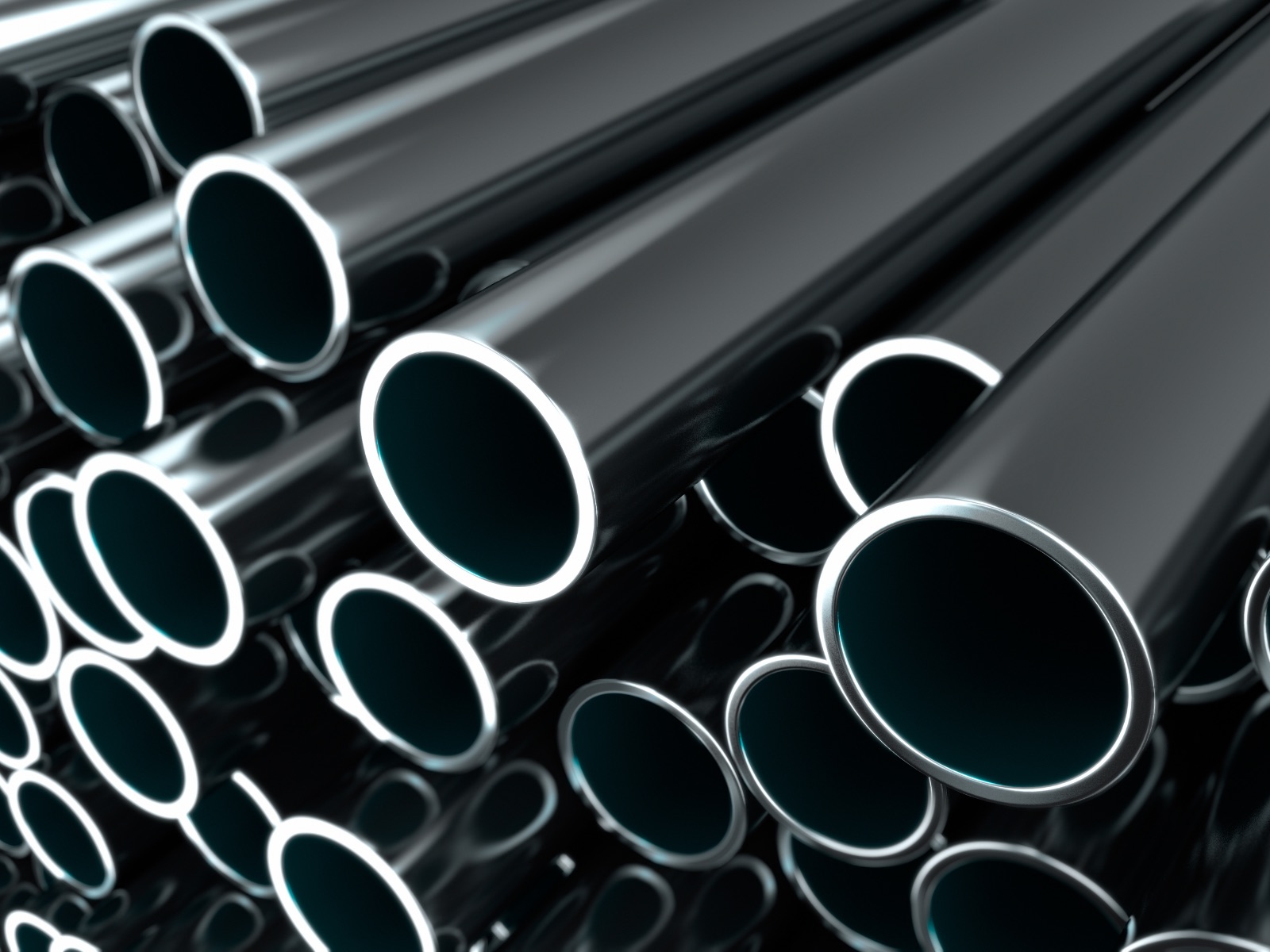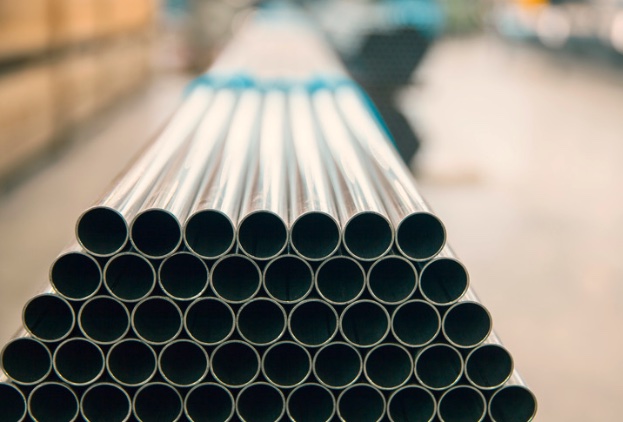Selecting the correct types of pipes is one of the most important decisions in any plumbing, construction, or industrial project. The right material impacts system longevity, efficiency, and cost-effectiveness. With so many options—each offering unique strengths and challenges—understanding the differences is essential for making an informed choice. At Great Western Pipe, we’ve spent decades supplying high-quality pipe, valves, and fittings to contractors and municipalities across Colorado and beyond. Here’s what you need to know about the most common types and how to determine which is best for your application.
Why Material Selection Matters

The material used in your types of pipes determines durability, maintenance requirements, and overall project cost. Environmental conditions, fluid type, and pressure ratings all influence which material performs best. For example, underground water lines may demand corrosion-resistant properties, while industrial applications might prioritize high-pressure strength or temperature tolerance.
Common Types of Pipes in Today’s Market
Steel Pipes
Steel remains one of the most widely used pipe in industrial and commercial construction. Its high strength makes it ideal for applications involving significant mechanical stress or high-pressure flow. Steel performs well in underground installations and external environments where impact resistance is crucial. However, without proper coatings, it is prone to corrosion, which adds to maintenance costs. Despite this, steel’s recyclability and proven track record keep it relevant in modern infrastructure.
Copper Pipes
Copper is a versatile and long-trusted material for water supply lines. Among the types of pipes available, copper stands out for its natural corrosion resistance and ability to handle extreme temperature variations. Its antimicrobial properties also make it a top choice for potable water systems. While copper has a higher price point and requires skilled installation, its longevity and cleanliness justify the investment for many residential and commercial projects.
Plastic Pipes (PVC & PEX)
Plastic options like PVC and PEX have surged in popularity thanks to their lightweight construction, ease of installation, and cost savings. These types of pipes are particularly suited for residential plumbing, drainage, and radiant heating systems. PVC is valued for its rigidity and low cost, while PEX offers flexibility that reduces the need for fittings around corners. Plastic resists corrosion and requires minimal maintenance, though it may not handle high-pressure or high-heat environments as well as metal alternatives.
Stainless Steel Pipes
For projects where both aesthetics and performance matter, stainless steel is an excellent choice. These types of pipes combine the durability of traditional steel with exceptional corrosion resistance—ideal for coastal areas, industrial facilities, or visible plumbing installations. While stainless steel carries a higher upfront cost and requires specialized installation methods, it delivers long-term reliability and a clean, modern appearance.
Key Considerations When Choosing Types of Pipes
When evaluating types of pipes for your project, consider these factors:
 Operating Environment: Will the system be exposed to chemicals, moisture, or extreme temperatures?
Operating Environment: Will the system be exposed to chemicals, moisture, or extreme temperatures?
- Pressure & Flow Requirements: Does the application involve high pressure or heavy vibration?
- Budget & Lifecycle Costs: Upfront savings may be offset by long-term maintenance expenses.
- Regulatory Compliance: Ensure the chosen materials meet local codes and industry standards.
Working with a knowledgeable supplier like Great Western Pipe ensures you have access to the right material specifications and expert guidance.
Why Source Your Pipes from Great Western Pipe?
With decades of experience serving contractors, fabricators, and municipalities, Great Western Pipe offers more than just inventory—we provide expertise. Our extensive stock of steel, copper, plastic, and stainless-steel options allows us to meet diverse project needs, from municipal water systems to industrial facilities. By partnering with leading manufacturers and understanding regional market demands, we ensure reliable supply, quick turnaround, and competitive pricing.
Your Next Steps in Pipe Selection
Choosing the right pipe is essential to building safe, efficient, and durable systems. By considering environmental conditions, performance requirements, and long-term costs, you can confidently select the material that best meets your project goals. For expert advice and access to top-quality products, connect with Great Western Pipe—your trusted partner in PVF solutions.
 Great Western Pipe & Supply Co.
Great Western Pipe & Supply Co.